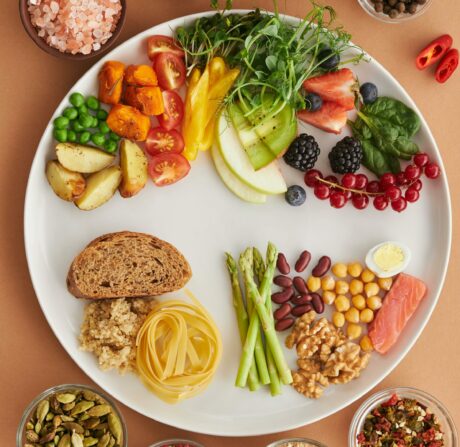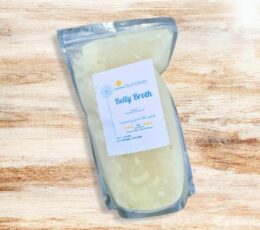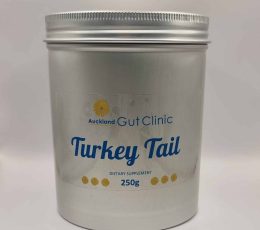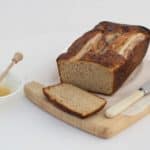VEGETARIAN COLLAGEN

For vegetarians, obtaining collagen or its precursors can be a bit challenging since collagen is primarily found in animal products. However, there are ways to support the body’s natural collagen production through a plant-based diet and other supplements. Here are some strategies:
1. Vitamin C-Rich Foods
Top of the list, is ensuring adequate vitamin C intake. Vitamin C (also called ascorbate or ascorbic acid) plays a crucial role in collagen synthesis. Incorporating foods high in vitamin C can help support the body’s ability to produce collagen. Examples include:
- Citrus fruits (oranges, lemons, limes)
- Kiwifruit
- Berries (strawberries, raspberries, blueberries)
- Capsicum (sweet peppers (especially red ones)
- Uncooked dark leafy greens (kale, spinach)
- Tomatoes
- Broccoli
2. Consume Proline and Glycine-Rich Foods:
While direct sources of proline and glycine (amino acids involved in collagen production) are found in animal products, some plant-based foods can provide these amino acids or support their synthesis. These include:
- Legumes
- Nuts and seeds
- Soy products (tofu, tempeh)
3. Lysine-Rich Foods:
Lysine is another amino acid that plays a significant role in collagen production. Plant-based sources of lysine include:
- Legumes (lentils, beans)
- Quinoa
- Pistachio nuts
- Pumpkin seeds
4. Mineral-Rich Foods:
Minerals like zinc and copper are essential cofactors for collagen synthesis. Include foods rich in these minerals, such as:
- Nuts and seeds (especially pumpkin seeds and cashews for zinc)
- Whole grains
- Legumes
- Mushrooms
- Dark chocolate (for copper)
5. Silica-Rich Foods:
Silica can also support collagen production. Good plant-based sources include:
- Bananas
- Oats
- Potatoes
- Whole grains
6. Antioxidant-Rich Foods:
Antioxidants protect collagen in the body. Include a variety of fruits and vegetables of different colours to ensure a broad spectrum of antioxidants in your diet.
7. Plant-Based Collagen Builders and Supplements:
There are plant-based collagen builders and supplements available. These products often contain a mix of vitamins and minerals that support collagen production, such as vitamin C, zinc, and silica, along with plant extracts known to benefit the skin and connective tissues. Contact us to identify a quality product that will be suitable for you.
8. Hyaluronic Acid:
Hyaluronic acid supplements, which can help improve skin hydration and stimulate collagen production, are also an option. While it’s naturally occurring in the body, supplemental forms can be derived from microbial fermentation, making them suitable for vegetarians.
Incorporating these foods and supplements into a vegetarian diet can help support collagen production, promoting healthy skin, joints, and connective tissues. Always consult with a healthcare provider or a nutritionist before starting any new supplement regimen to ensure it’s appropriate for your individual health needs and dietary restrictions.













